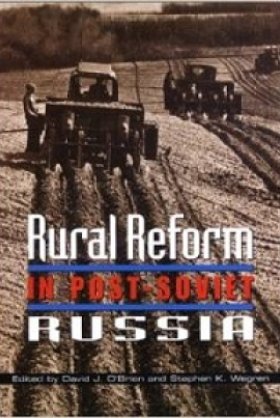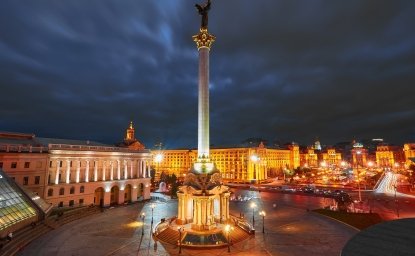Rural Reform in Post-Soviet Russia

-
Russian farmers have faced not only the general political and economic trials of their country but also the dismantling of their principal social service provider—the large-scale collective farm, which in the Soviet period furnished employment, housing, health care, day care, and education.
The obvious alternative, local government, is practically starting from scratch, since under the Soviet system it functioned mainly to collect statistics on the performance of the farms. Farm employees have become farm shareholders, but without the organizational and material support from the central government that once sustained life.
Rural Reform in Post-Soviet Russia reviews the resulting change through historical, political, sociological, and anthropological investigation into Russia’s agricultural and rural life. U.S. and Russian scholars describe the nascent land market, the growth in family-based entreprise, the changing roles of large-scale farm managers, and the creation of new networks of help and advantage. The public and private, formal and informal efforts they examine are shaping new ways of life whose final shape is yet uncertain.
David J. O’Brien is a professor of rural sociology at the University of Missouri–Columbia. Stephen K. Wegren is an associate professor of political science at Southern Methodist University.
Editors
Browse Insights & AnalysisExplore More
Browse Insights & Analysis
Mark Carney to Lead Canada Amid Rising Trade Tensions With US
Duration:2:13Posted date/time:
Ukraine Between 1991 and 2022: The Problem of the Blank Canvas
Posted date/time:

